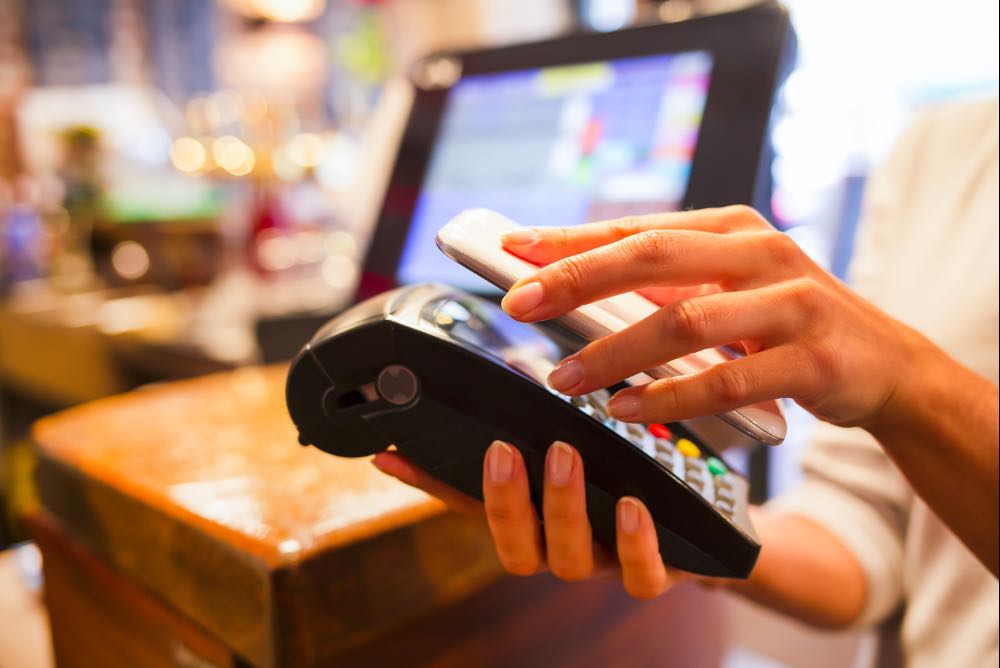A new report published by Juniper Research confirms that mobile wallets accounted for 90% of the total contactless transactions in the U.S. during 2016.
In contrast, cards accounted for well over 90% of transactions by value in many European markets. Perhaps not surprisingly, many markets with a relatively well established contactless infrastructure have been seeded by the card providers, albeit with varying degrees of success.
“Purely from a payments and convenience perspective, it will be difficult for mobile wallet providers to gain existing market share from contactless cards,” said research author Nitin Bhas. “It is therefore incumbent upon them to deliver innovative services through which the mobile wallet will become the default payment mechanism.”
Bhas also noted that that the global value of contactless transactions made via payment cards, mobile and wearables, will reach $1.3 trillion by 2019, more than doubling from an estimated $590 billion in 2017.
More specifically, contactless card levels will continue to dominate transaction values, accounting for 80% of total contactless transactions in 2019 – with contactless transactions via debit/credit cards expected to exceed $2 trillion globally by 2021.
As we’ve previously discussed on Rambus Press, to accelerate the mass adoption of mobile payments, mobile wallets must be part of a new retail future in which an outdated brick-and-mortar paradigm is replaced by a convenient, seamless and interactive shopping experience.
To be sure, shoppers want a simplified mobile commerce experience that stores eReceipts, loyalty memberships, coupons and promo codes – while automatically applying relevant discounts and split purchase options to their purchase at checkout. As such, mobile wallets should feature single and mixed payment options with gift cards, loyalty points and credit; as well as support NFC-based shopping cart scans, one-click and automatic purchases. This allows shoppers to skip long lines and pay by simply walking past a beacon before exiting the store.

Mobile wallets can also offer pay later options; provide and store digital receipts; display payment history; round up amounts for piggy bank savings; as well as support cash withdrawal (at register) and best price guarantees. To provide value beyond the initial transaction itself, retailers can configure mobile wallets to automatically reward shoppers for in-store spend and pick up, positive product reviews, recommendations and pre-ordering. Similarly, mobile wallet smart coupons enable stores to provide targeted coupons in the form of price reductions, free products, combo offers, bonus points, partner offers, price vouchers, as well as complimentary products and services.
Although typically associated with brick-and- mortar retailers, mobile wallets are also an important aspect of smart travel for transport operators seeking to modernize train and bus systems. Replacing physical smart cards with secure digital travel wallets housed on passenger smartphones allows operators to offer the same ‘shopper friendly’ convenience consumers have come to expect from their smartphones in a transport environment.
In addition to allowing passengers to skip long lines at stations, mobile wallets can be configured to support the integration of account-based ticketing, integrated journey planning, trip history logs, real-time updates and third-party offers.
Interested in learning more about mobile wallets? You can check out our eBook on the subject below.

